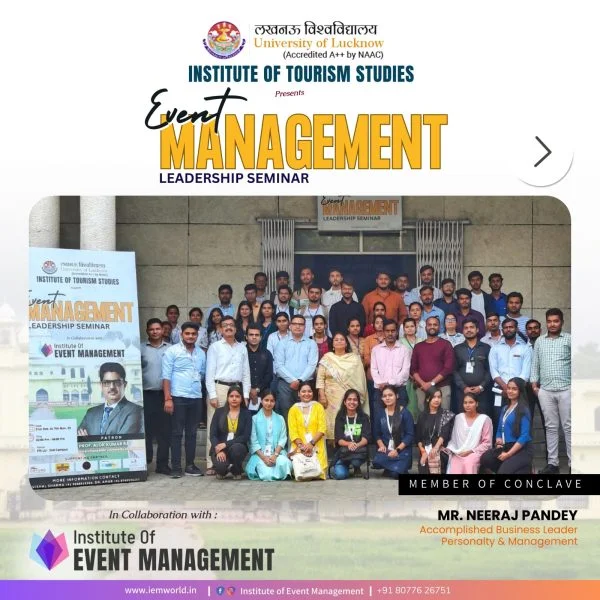
What is an Accounting Event Management
Accounting event management refers to the process of planning, organizing, and executing various accounting-related events or activities within an organization. These events can include conferences, seminars, training
programs, workshops, or any other gathering that focuses on accounting principles, practices, and industry updates.
The primary objective of accounting event management is to bring together accounting professionals, experts, and enthusiasts to exchange knowledge, share experiences, and learn about emerging trends in the field. These events often feature renowned speakers, panel discussions, interactive sessions, and networking opportunities to enhance participants’ understanding of accounting concepts and their practical application.
Accounting event management involves several crucial tasks, such as event planning, budgeting, venue selection, marketing and promotion, participant registration, and logistics management. Additionally, it requires collaboration with industry associations, sponsors, and vendors to ensure a successful event.
By organizing accounting events, organizations aim to foster professional growth, create a platform for knowledge-sharing, and facilitate networking among accounting professionals. These events also serve as a means to stay updated with the latest accounting regulations, technologies, and best practices, ultimately enhancing the overall competency and effectiveness of the accounting community.
ACCOUNT BUDGETING
Event budgeting is the process of planning and allocating financial resources for an event. It involves estimating and determining the costs associated with organizing and executing an event, as well as identifying potential sources of revenue.
Creating an event budget is essential to ensure that the event remains financially viable and that all expenses and income are carefully managed. The budgeting process typically starts with outlining the event’s objectives, scope, and expected outcomes. It then involves identifying all the necessary elements and activities required to make the event successful, such as venue rental, equipment rentals, catering, marketing, staffing, and any other related expenses.
Once all the expenses are identified, accurate cost estimates are assigned to each item. This may involve researching prices, obtaining quotes from suppliers, and considering any potential contingencies or unforeseen costs. It is important to be as thorough as possible during this phase to avoid any surprises later on.
On the revenue side, event organizers need to consider all potential sources, such as ticket sales, sponsorships, exhibitor fees, or any other income generating activities associated with the event. These revenue estimates should be based on realistic projections and historical data if available.
Throughout the event planning process, the budget should be regularly reviewed and updated to ensure that expenses and revenues are on track. This allows for adjustments to be made if necessary and helps to prevent
overspending or financial shortfalls.
By effectively managing event budgets, organizers can ensure the financial success of their events, maintain control over expenses, and maximize revenue opportunities. It also helps in making informed decisions and
prioritizing resources to deliver a memorable and successful event experience.








